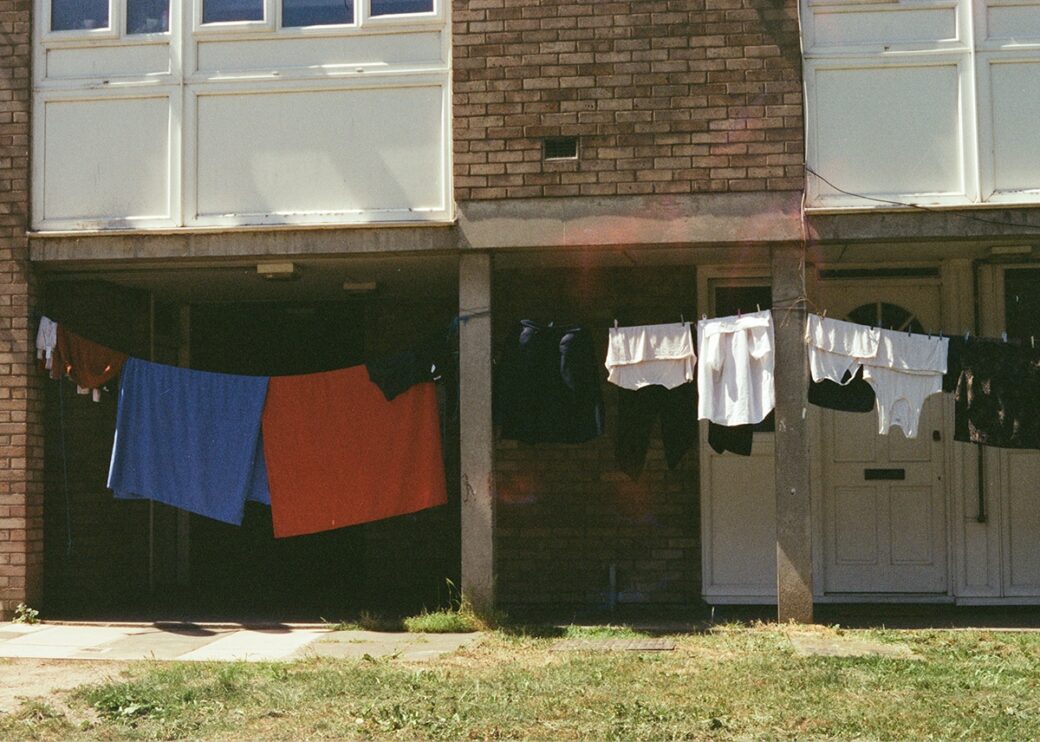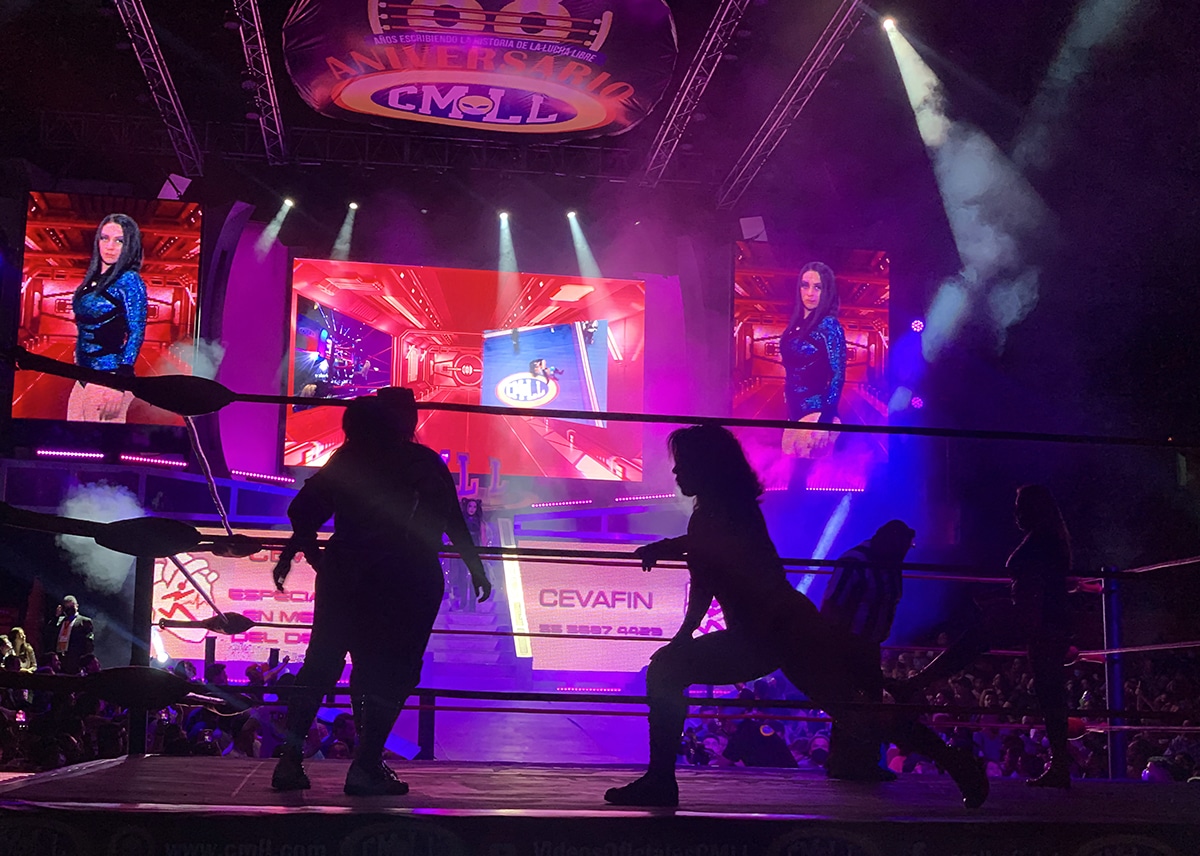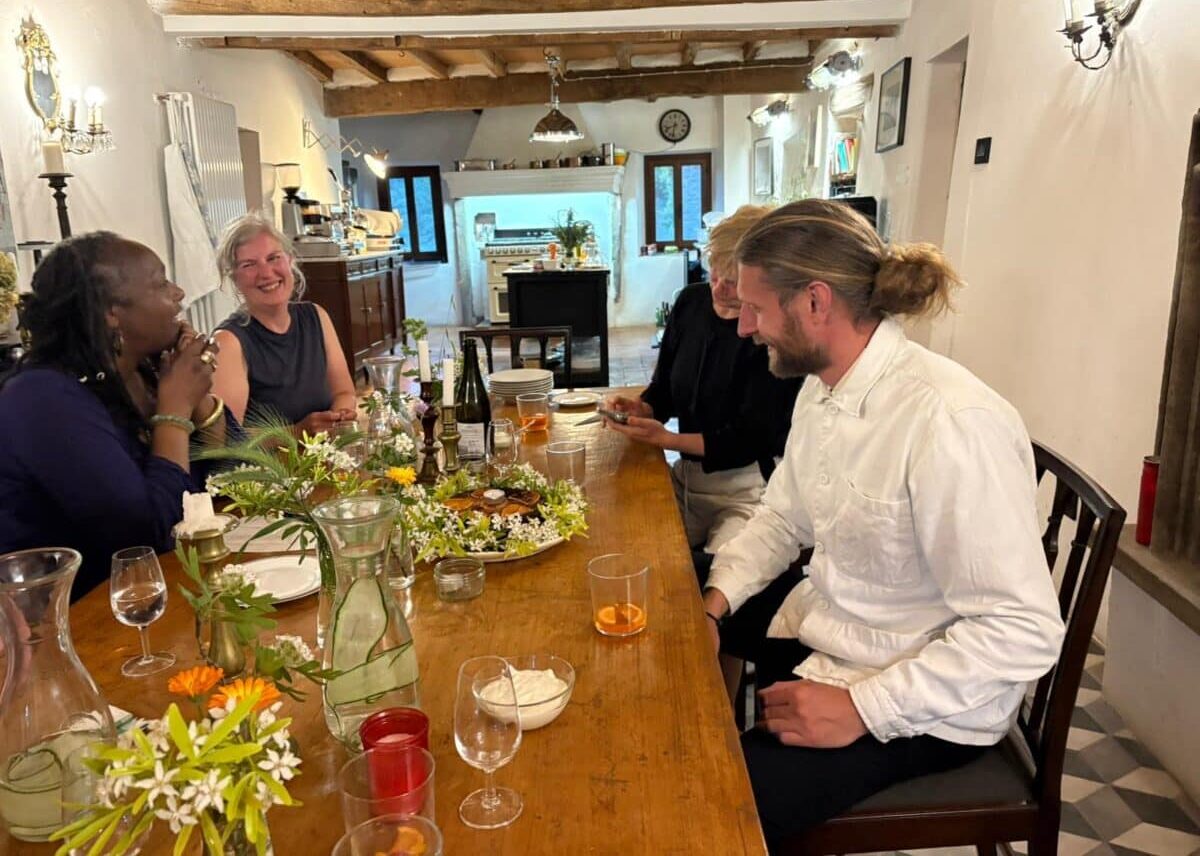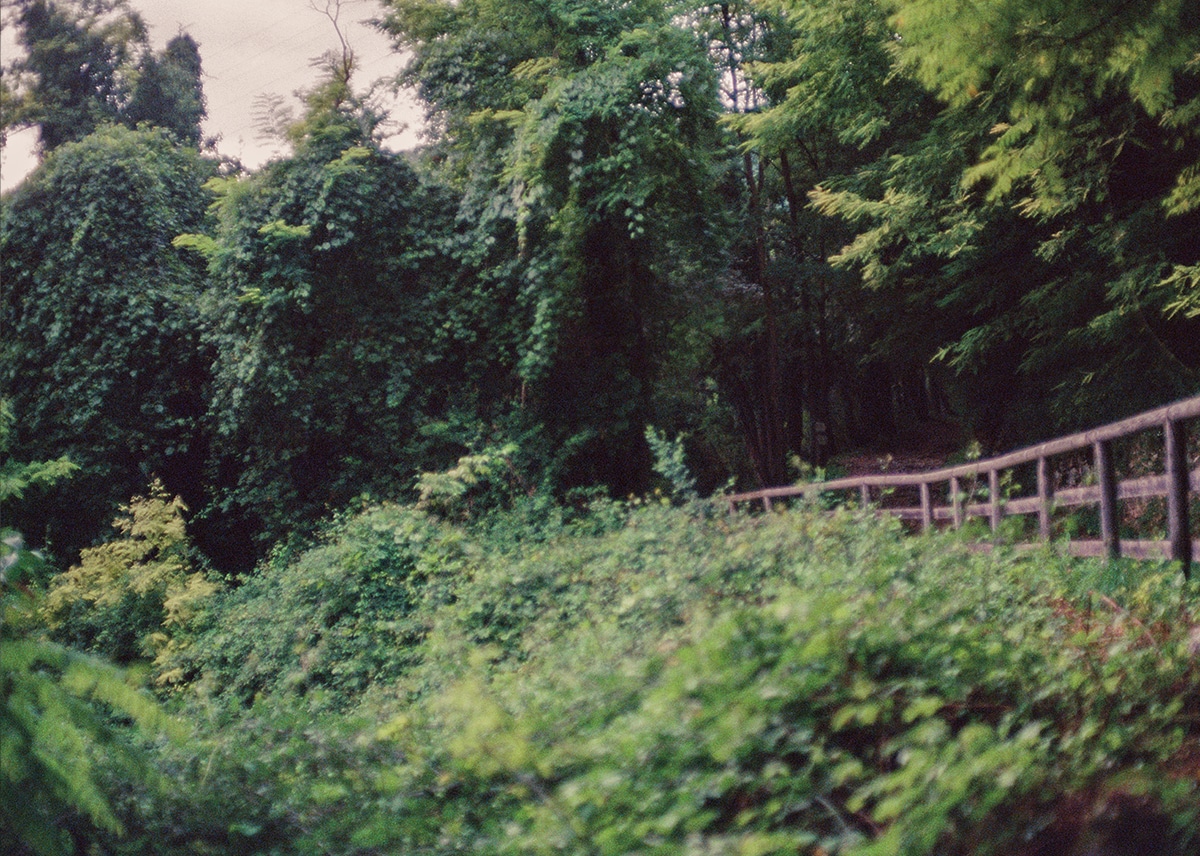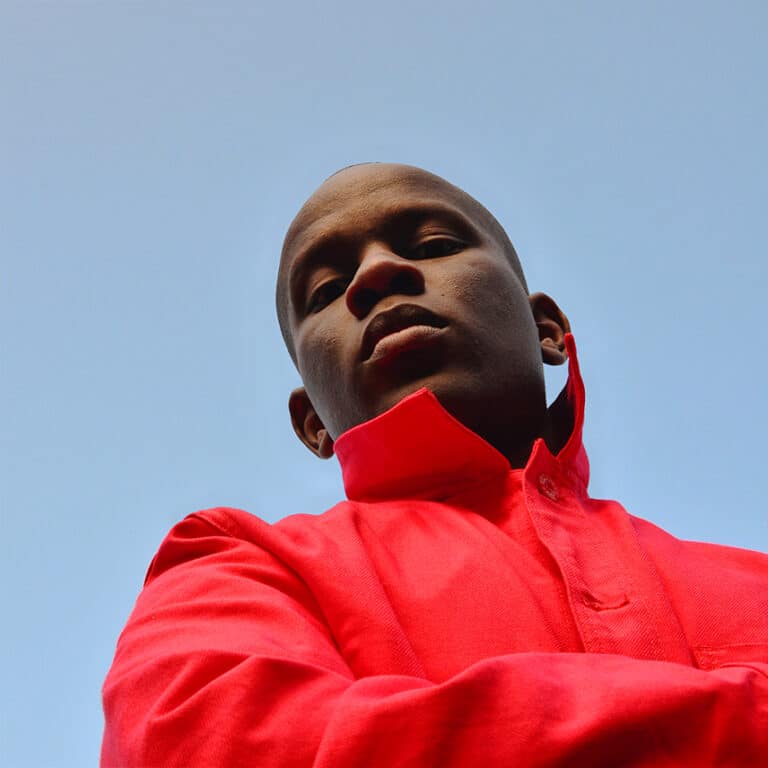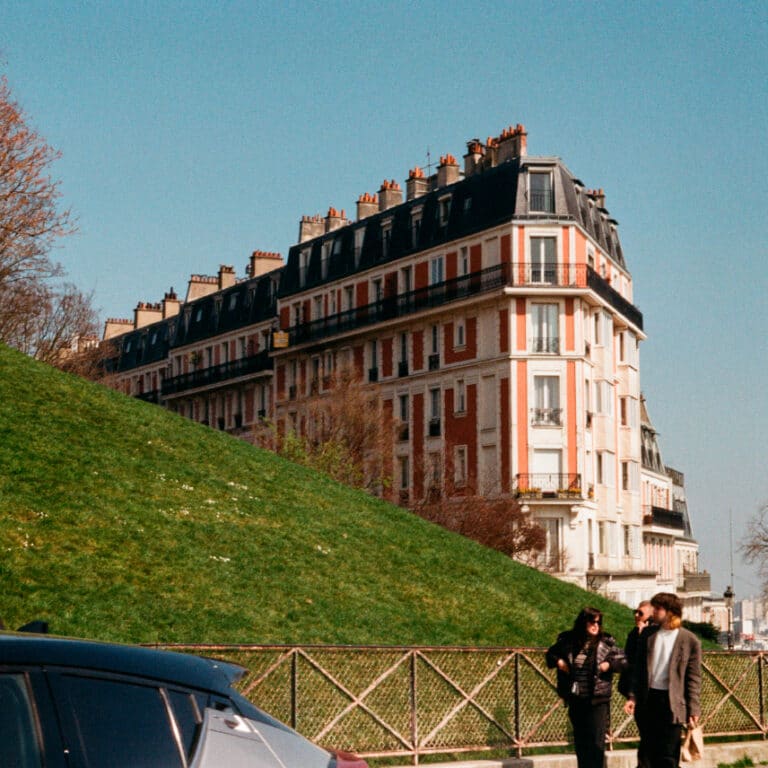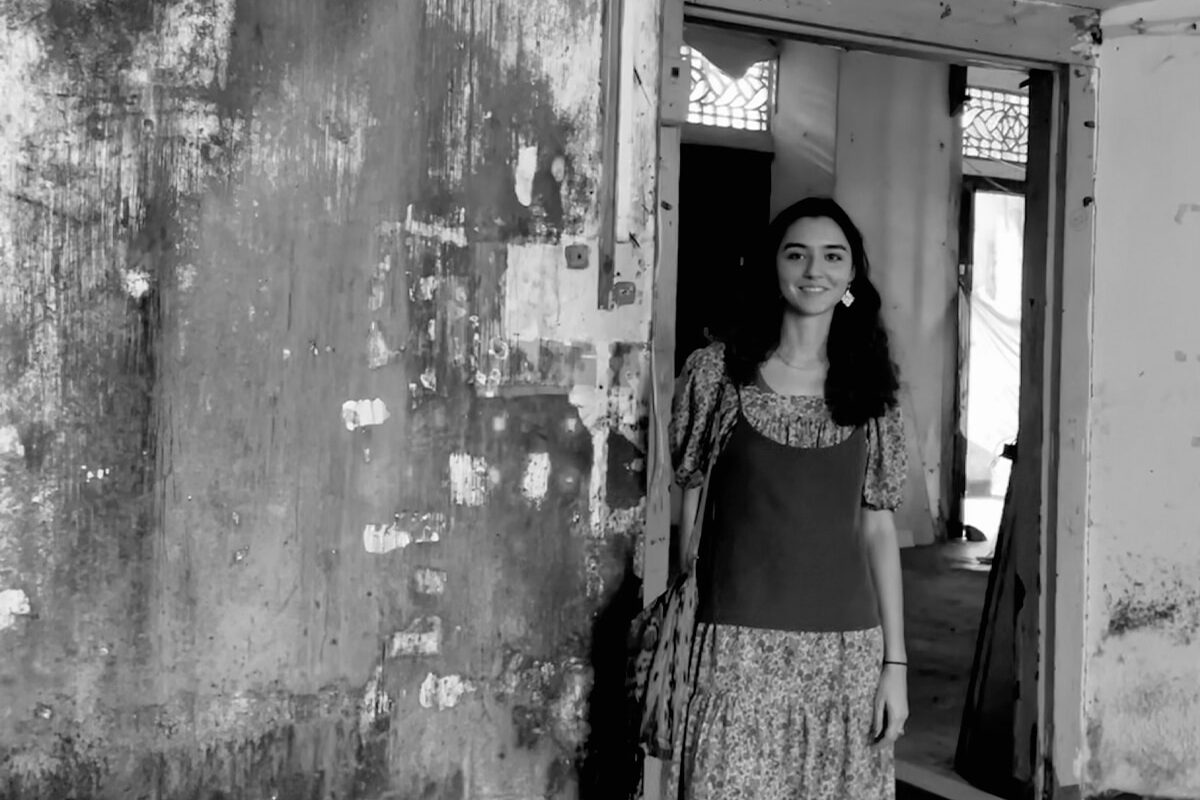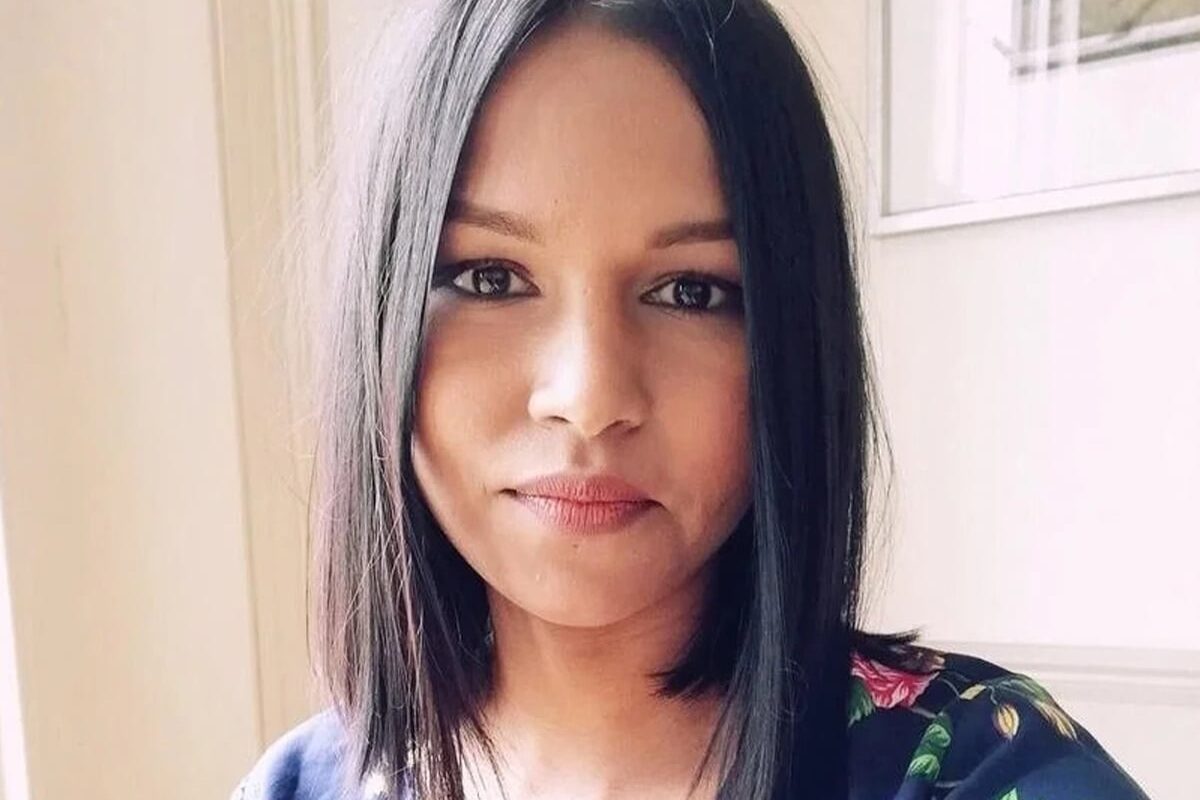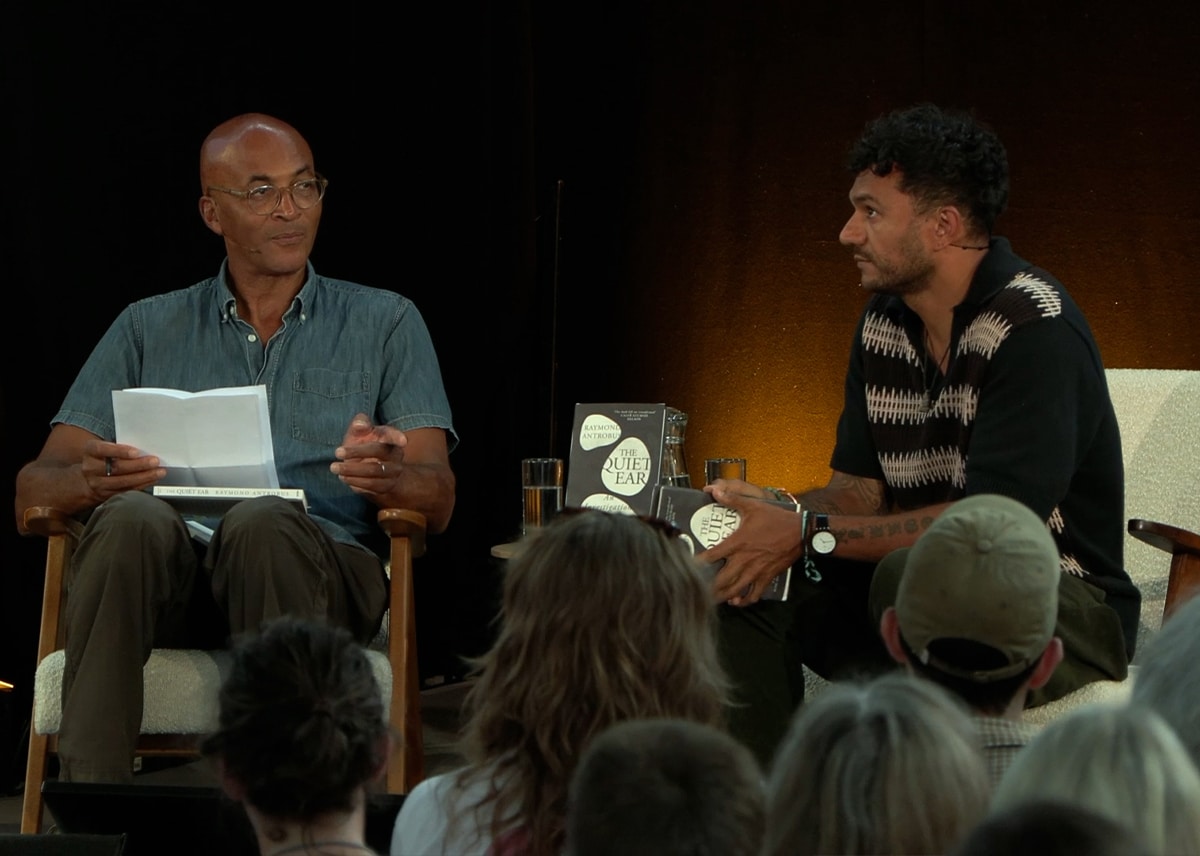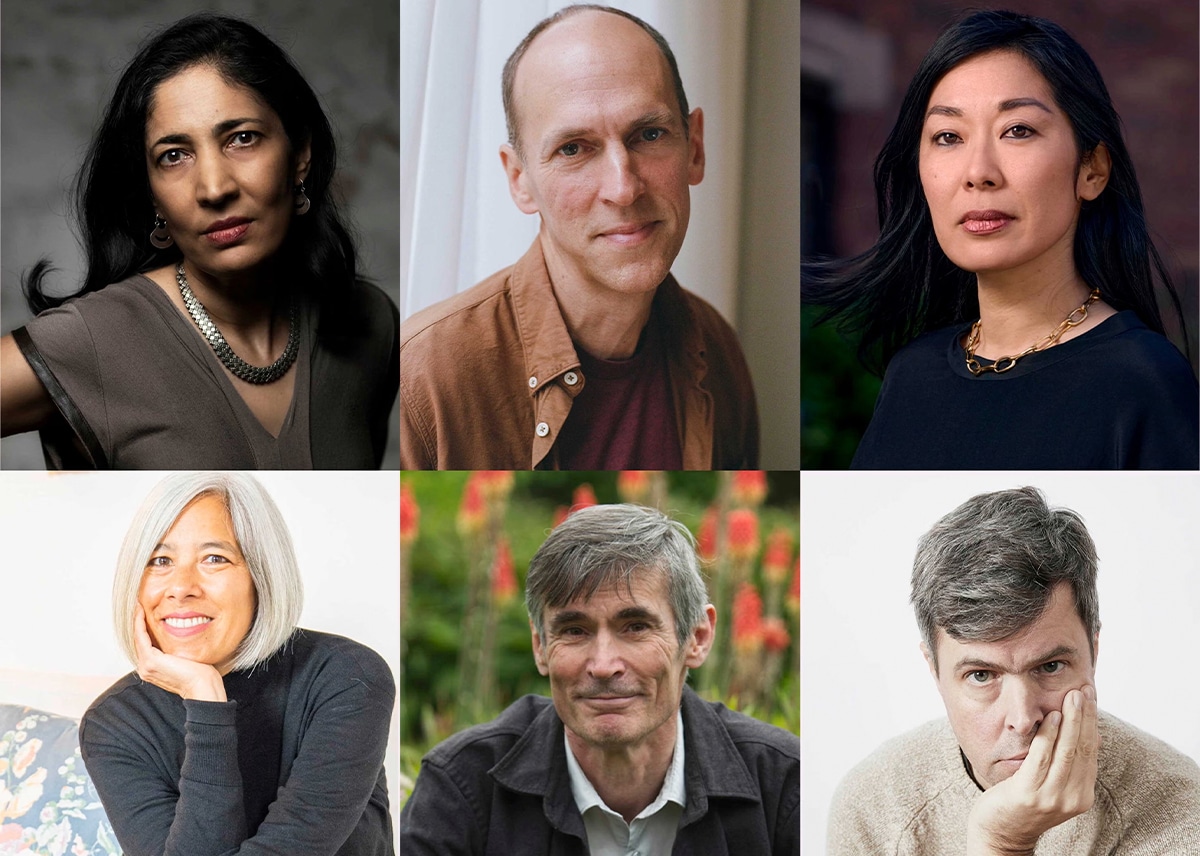Wow, diaspora for real
Aniefiok Ekpoudom
‘Cultural identities come from somewhere, have histories. But, like everything which is historical, they undergo constant transformation.’
Stuart Hall (1996)
At the laundromat in Notting Hill, a lady pulling clothes from a machine had made a few wandering attempts to catch my eye, and now, as she carried her wet bundle towards the dryers, she stopped and asked my name.
‘Aniefiok,’ I told her. ‘It means “enjoyed this day, looking forward to the next.”’ ‘So, you must be Nigerian then? Not Yoruba though?’
I nodded. ‘My dad is from Akwa Ibom state, near the border with Cameroon, where my mum’s family come from. They’re closer to each other than they are to their own capital cities.’
She smiled. She had assumed I was Ghanaian, she said, and then asked about the last time I went back home. I shook my head and told her I hadn’t been. She looked on in surprise.
‘Wow, diaspora for real.’
It’s a conversation I have carried on through the years: with friends and strangers, with work colleagues, in slow rides with Uber drivers, in passing encounters at airports and in tube stations – quiet pleadings for a return to my roots, urgings for a reconnection with my origins, a belief that in removal and separation from ancestral homelands, something is missing. That a man who has never walked the ground of his forefathers can never be whole. To know yourself is to know the wells from which you have sprung. Without this understanding, we are wanderers.
That fantasy of return has become a yearning in me, a desire to search for an essence of myself that has remained dormant, a part of my spirit that remains unfamiliar and unseen. What I know is that Nigeria and Cameroon exist only in my imagination, mirages brought into full Kodak colour by the memories carried by my bloodline in DNA and photographs, in stories shared at reunions, and in WhatsApp groups. These stories and images are time capsules: snapshots of places buried in history, worn by time; of landscapes that have shifted and altered since my parents first left; of homes that only exist now in family portraits and photo albums. Britain has been my only reality. Many like me are searching for what we cannot find: a place that no longer exists. And in that hunt, we carry with us a gnawing sense of uncertainty, a feeling that we have been uprooted. In that displacement, that unmooring, our writing seeks out places – here, in this country – where we can feel whole again.
This search for ‘self’ threads its way through the works emerging out of diasporas in Britain: descriptions of our lives in an adopted homeland, a multilateral enquiry into how these fresh terrains have shaped how we move through the world, the people we have become and the traditions we inherit. This land has moulded us anew. We are an outgrowth of the ground on which we tread, seeds from ‘home’ repurposed in foreign soil. Our writings are an attempt to make sense of this tethering, a portrait of the leaves as they bud and open, a watching as the many towns and cities across Britain birth new and distinct populations. We are cataloguing our own characteristics, writing new stories into old lands.
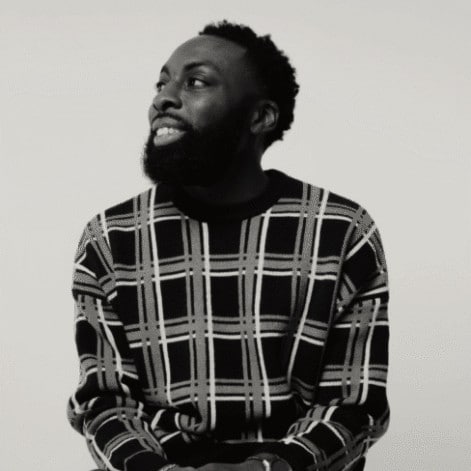
Aniefiok Ekpoudom
Aniefiok ‘Neef’ Ekpoudom is a writer from South London who documents and explores culture in contemporary Britain.
Lucha Libre
The spectacle of Lucha Libre, Mexico’s famous, masked, freestyle, professional wrestling, as experienced by Michael McMillan
Writing in Emilia-Romagna
Writer, educator and curator Nicole-Rachelle Moore on her time at the WritersMosaic Villa Lugara writing retreat in northern Italy
The Black Mirror
An evocative piece by writer Suhayl Saadi about an estate agent as she visits a property on her list that she hoped would never sell
The Quiet Ear
The Quiet Ear by poet Raymond Antrobus explores what it is to be deaf in the world of the hearing through his own upbringing and the lives of other deaf artists
Nowhere
Khalid Abdalla’s one-man show Nowhere, raises questions of 'Who do we feel responsible for?' and ‘What [is] a life worth?’
The Booker Prize 2025: a public shortlist, a private thrill
The poet and translator Sana Nassari reflects on the excitement among the more than 2,000 people attending the Royal Festival Hall event announcing the shortlist for the Booker Prize 2025

Preaching
'Preaching': A new poem by the T.S.Eliot Prize-winning poet Roger Robinson, from his forthcoming New and Selected Poems (Bloomsbury in 2026).
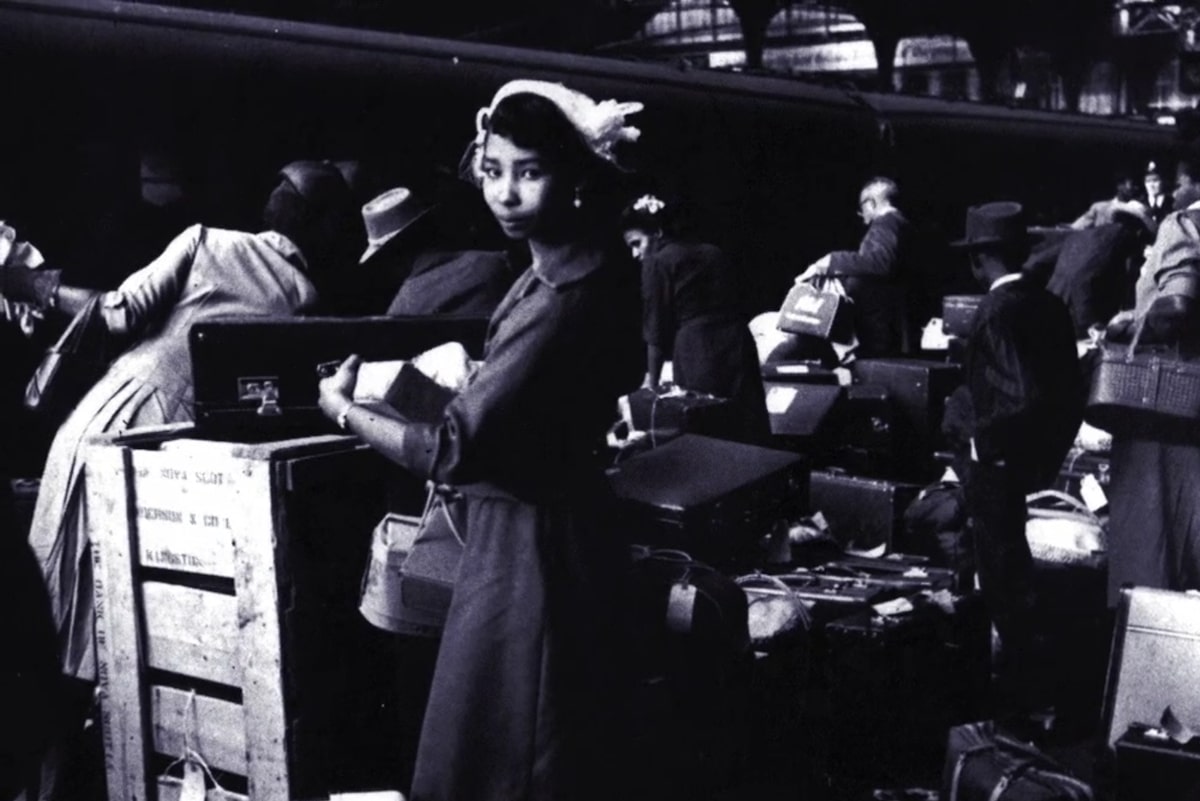
Walking in the Wake
Walking in the Wake was produced for the Estuary Festival (2021) in collaboration with Elsa James, Dubmorphology and Michael McMillan who meditates on the River Thames as we follow black pilgrims traversing sites of Empire.

Illuminating, in-depth conversations between writers.
SpotifyApple Podcasts
Amazon Music
YouTube
Other apps

The series that tells the true-life stories of migration to the UK.
SpotifyApple Podcasts
Amazon Music
YouTube
Other apps

